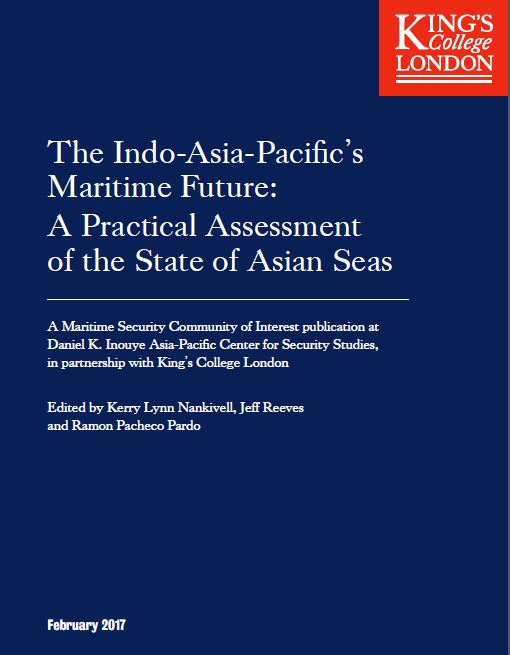Dr. Reeves publishes an article on China’s Silk Road Economic Belt Initiative
DKI APCSS Professor Dr. Jeffrey Reeves had an article entitled "China’s Silk Road Economic Belt Initiative: Network and Influence Formation in Central Asia" published on Taylor & Francis Online's website. Abstract This article demonstrates that, rather than constituting a new model for Central Asian international relations, the SREB’s real strategic value for China is as an organizational concept and as an influence multiplier. In recasting its Central Asian bilateral relations as part of the SREB engagement model, Beijing has overlaid a strategic-level concept to its otherwise disparate patterns of engagement. In so doing, the Xi administration has consolidated its multiple lines [...]








